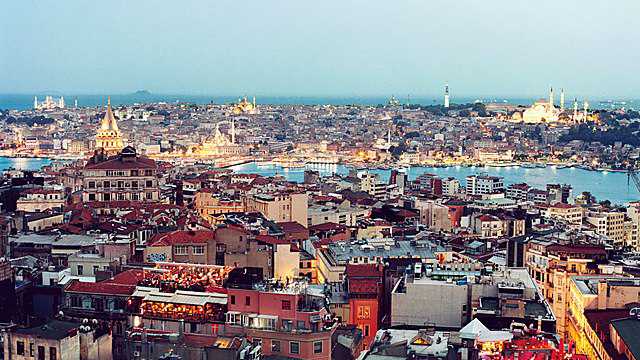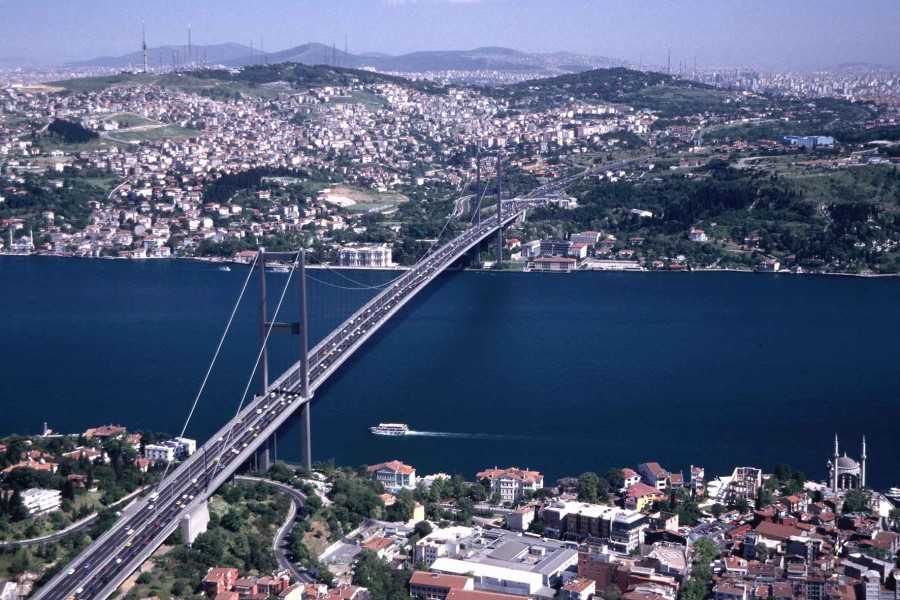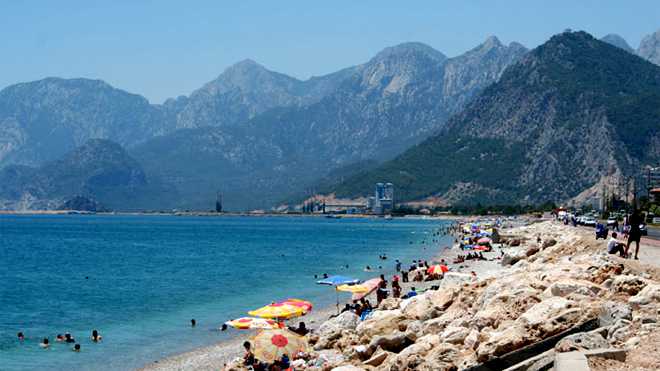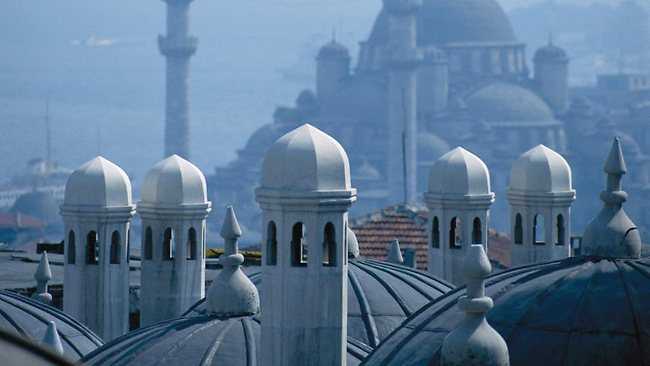Please find attached a message of the Secretary-General on the occasion of the International Day of Older Persons.
|
|
U N I T E D N A T I O N S N A T I O N S U N I E S
THE SECRETARY-GENERAL
MESSAGE ON THE INTERNATIONAL DAY OF OLDER PERSONS
1 October 2008
The theme of this year’s International Day of Older Persons, “Rights of Older Persons”, is especially apt in this year in which we mark the 60th anniversary of the Universal Declaration of Human Rights.
Promoting the independence, participation and dignity of older persons has long been on the agenda of the United Nations and is central to implementation of the Madrid International Plan of Action on Ageing. In adopting that Plan six years ago at the Second World Assembly on Ageing, UN Member States committed “to eliminating all forms of discrimination, including age discrimination”. They recognized “that persons, as they age, should enjoy a life of fulfillment, health, security and active participation in the economic, social, cultural and political life of their societies”. And they determined “to enhance the recognition of the dignity of older persons and to eliminate all forms of neglect, abuse and violence”.
Despite this commitment, in many parts of the world, the rights of older persons are violated every day. Older persons often face age discrimination at a workplace. In social environments, they may experience a lack of recognition and respect. They may be deprived of full inclusion and participation in social, economic, cultural and political affairs. Most disturbingly, in many countries, incidences of neglect, abuse and violence against older persons are not at all rare or isolated events.
Acknowledging the crucial role that older persons play in society is an important pillar of the Madrid Plan of Action. Earlier this year, the first review and appraisal of the Plan made abundantly clear that much more needs to be done at the national level to support older persons, promote their income security and social protection, and ensure quality health care as well as the provision of long-term care services. To make this possible, national ageing-specific policies must be improved substantially and the concerns of older persons mainstreamed into a wider policy framework.






